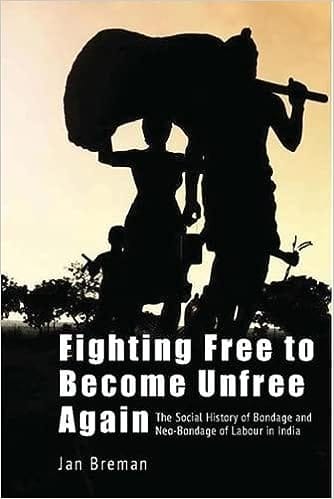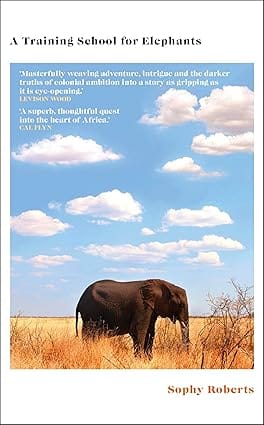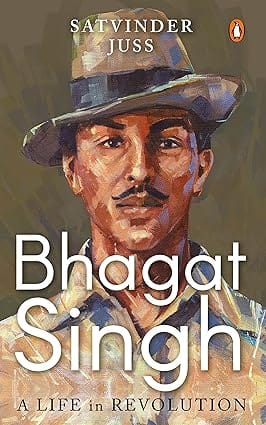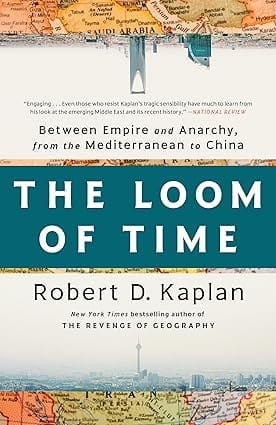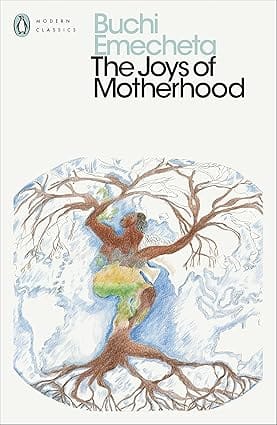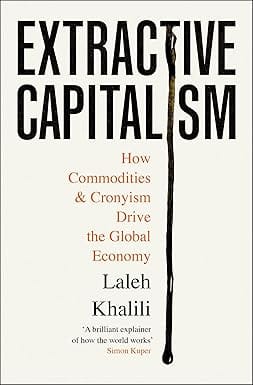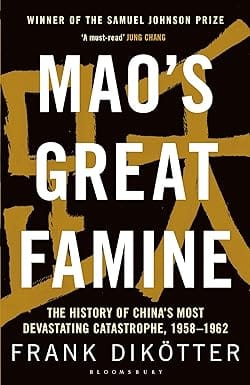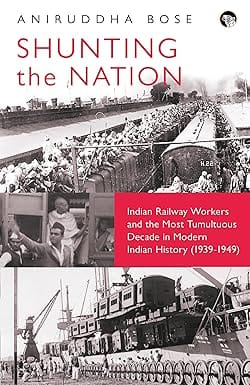WELCOME TO MIDLAND BOOK SHOP!
SHOP FOR
-
Contemporary Fiction
- Contemporary Fiction
-
Children
- Children
-
Comics & Graphic Novels
- Comics & Graphic Novels
-
Non-Fiction
- Non-Fiction
-
Fiction
- Fiction
Shop No.20, Aurobindo Palace Market, Hauz Khas, Near Church +91 9818282497 | 011 26867121
110016
New Delhi
IN
Midland The Book Shop ™
Shop No.20, Aurobindo Palace Market, Hauz Khas, Near Church +91 9818282497 | 011 26867121
New Delhi,
IN
+919871604786
https://www.midlandbookshop.com/s/607fe93d7eafcac1f2c73ea4/677cda367903fd013d69b606/without-tag-line-480x480.png"
[email protected]
9788195639267
64d0e2d803fe18f84c29a261
Fighting Free To Become Unfree Again - The Social History Of Bondage And Neo-bondage Of Labour In India
https://www.midlandbookshop.com/s/607fe93d7eafcac1f2c73ea4/64d0e2d903fe18f84c29a28c/41ftq2kad5l-_sx332_bo1-204-203-200_.jpg
9788195639267
Labor bondage is discussed as a major feature of the peasant economies which have dominated the subcontinent of South Asia from an unrecorded precolonial past until the postcolonial present. Discussing when, why and how servitude originated on the tribal-peasant frontier in West India, the research undertaken moved on from a historical perspective to investigating the collapse of bondageby engagement in anthropological fieldwork from the 1960s onwards. Thecapitalist economy which has taken shape does not allow for the transition tofree labour. Because of lack of employment and income the workforce at thebottom of the pile remains stuck in neo-bondage.
About the Author
Jan Breman is Professor Emeritus at the Amsterdam Institute for Social Science Research, University of Amsterdam and Honorary Fellow at the International Institute of Social History in Amsterdam.
in stock
INR
760
1
1
Email ID already exists!
Your Current password is incorrect
Password Updated Successfully
Thanks for your Feedback
- Home
- History
- Fighting Free To Become Unfree Again - The Social History Of Bondage And Neo-bondage Of Labour In India
Fighting Free To Become Unfree Again - The Social History Of Bondage And Neo-bondage Of Labour In India
ISBN:
9788195639267
₹760
₹950
(20% OFF)
SIZE GUIDE
Sold By:
Hauz Khas - Aurobindo Market
Details
- ISBN: 9788195639267
- Author: Jan Breman
- Publisher: Fourth Estate
- Pages: 164
- Format: Hardback
Book Description
Labor bondage is discussed as a major feature of the peasant economies which have dominated the subcontinent of South Asia from an unrecorded precolonial past until the postcolonial present. Discussing when, why and how servitude originated on the tribal-peasant frontier in West India, the research undertaken moved on from a historical perspective to investigating the collapse of bondageby engagement in anthropological fieldwork from the 1960s onwards. Thecapitalist economy which has taken shape does not allow for the transition tofree labour. Because of lack of employment and income the workforce at thebottom of the pile remains stuck in neo-bondage.
About the Author
Jan Breman is Professor Emeritus at the Amsterdam Institute for Social Science Research, University of Amsterdam and Honorary Fellow at the International Institute of Social History in Amsterdam.
User reviews
NEWSLETTER
Subscribe to get Email Updates!
Thanks for subscribing.
Your response has been recorded.

India's Iconic & Independent Book Store offering a vast selection of books across a variety of genres Since 1978.
"We Believe In The Power of Books" Our mission is to make books accessible to everyone, and to cultivate a culture of reading and learning. We strive to provide a wide range of books, from classic literature, sci-fi and fantasy, to graphic novels, biographies and self-help books, so that everyone can find something to read.
Whether you’re looking for your next great read, a gift for someone special, or just browsing, Midland is here to make your book-buying experience easy and enjoyable.
We are shipping pan India and across the world.
For Bulk Order / Corporate Gifting
 +91 9818282497 |
+91 9818282497 |  [email protected]
[email protected]
Click To Know More
INFORMATION
POLICIES
ACCOUNT
QUICK LINKS
ADDRESS
Midland Book Shop - Hauz Khas
Shop No.20, Aurobindo Palace Market, Near Church, New Delhi
Shop No.20, Aurobindo Palace Market, Near Church, New Delhi

